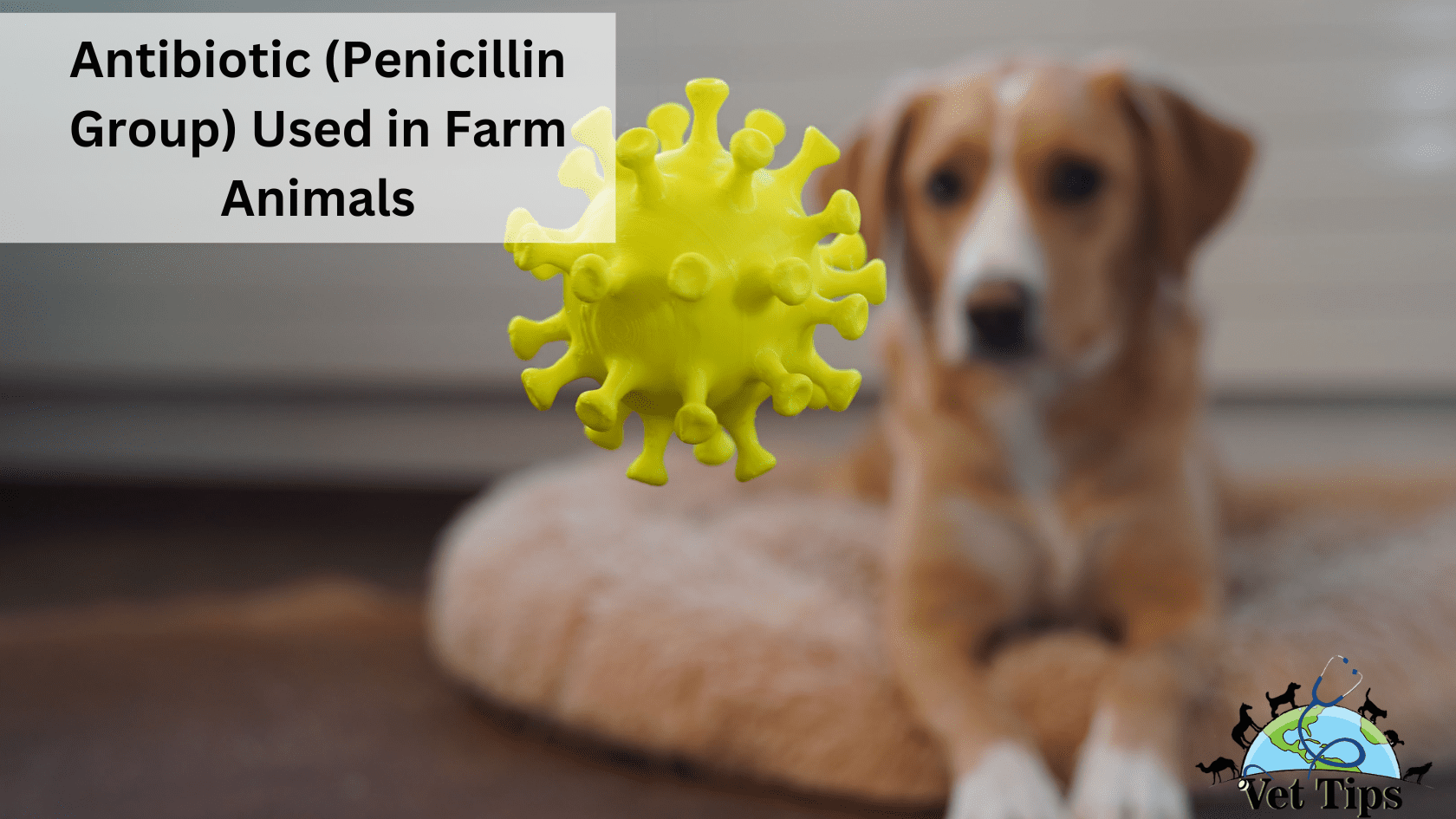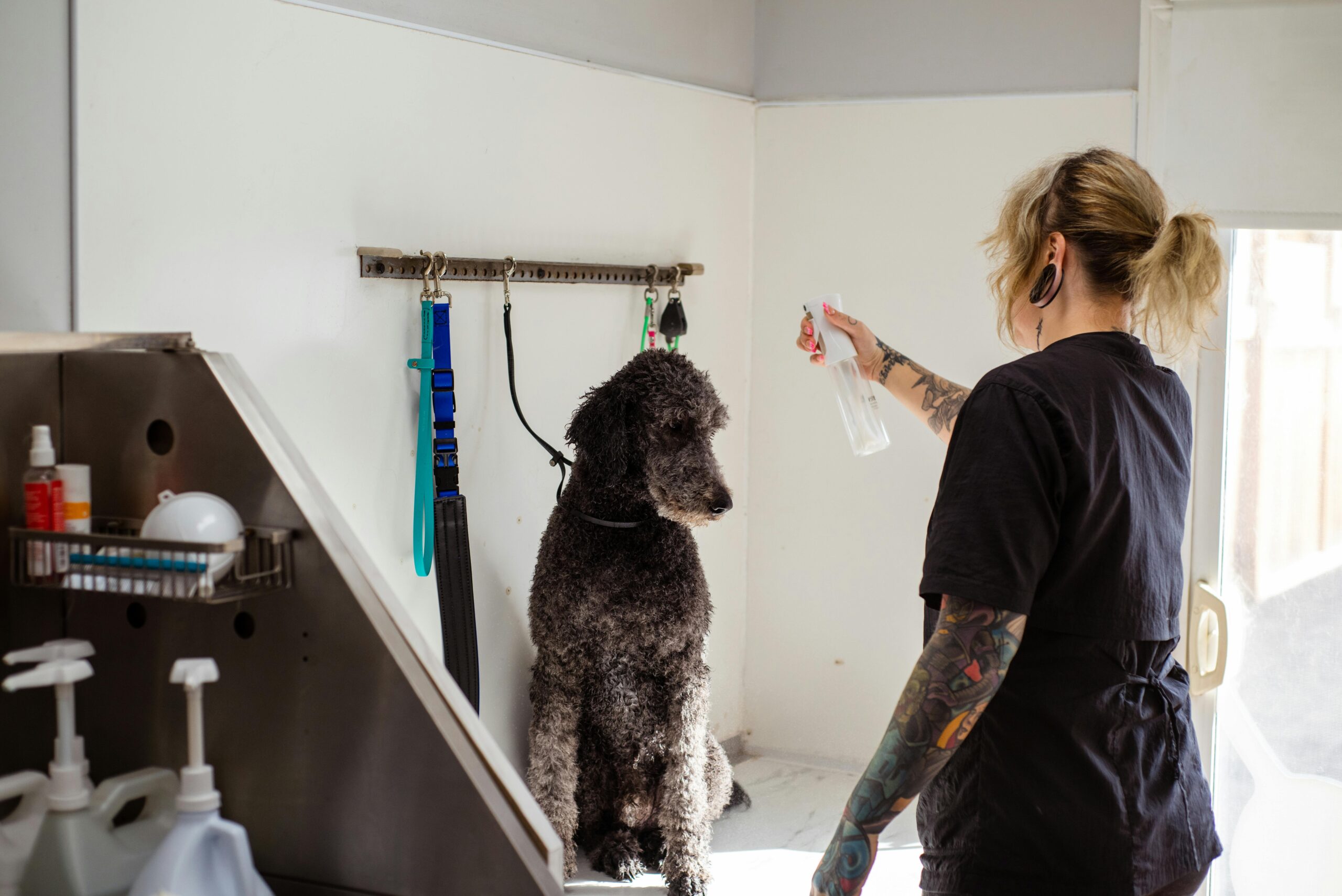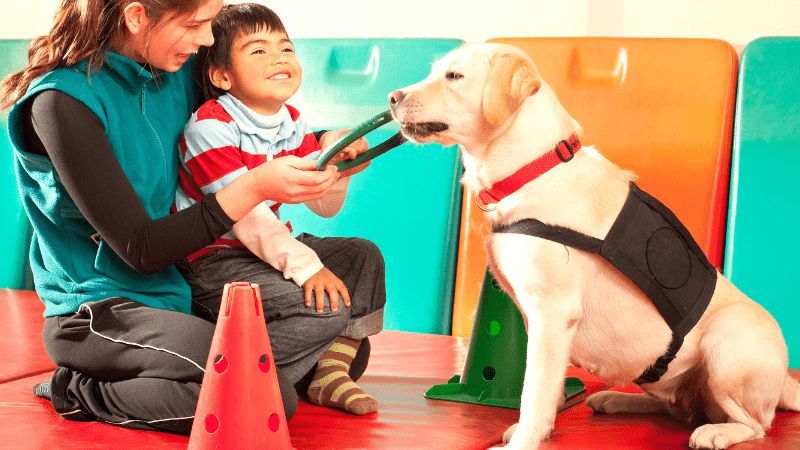This post discusses “DOG CORONA VIRUS/Dx/Rx/Symptoms.” So, let’s dig in…
The Dog Corona Virus, often known as DCV, is a viral illness that is highly infectious and predominantly seen in dogs. Infected canines may have symptoms similar to those caused by the human coronavirus, which include respiratory and gastrointestinal issues. It is essential for both dog owners and veterinarians to have a solid understanding of the symptoms, diagnostic procedures, and treatment choices associated with DCV. This article will go into the specifics of DCV, shining light on its symptoms, the process by which it is identified, and the treatment options that are currently available.
Symptoms of Dog Corona Virus
There is a wide range of possible symptoms that can be seen once a dog becomes infected with the Corona Virus. The intensity of these symptoms can range, and they may manifest themselves differently in different dogs. The following is a list of the most frequent symptoms of DCV:
- Dehydration: Infected dogs run the risk of becoming dehydrated if they experience prolonged diarrhea and vomiting. It is of the utmost importance to make certain that the dog is able to maintain its level of hydration by ensuring that it has access to clean drinking water and, if required, by supplying it with electrolyte solutions.
- Discomfort in the Stomach and intestines: Infected canines with the Corona Virus frequently exhibit gastrointestinal symptoms such as nausea, vomiting, and loss of appetite. These symptoms may linger for many days, and if they are not appropriately handled, they may cause the individual to become dehydrated.
- Problems with the Respiratory System: There have been reports of canine respiratory illness being caused by DCV in certain instances. Symptoms such as coughing, sneezing, nasal discharge, and trouble breathing are all possible manifestations of this condition. It is essential to keep in mind that respiratory symptoms in dogs are more frequently connected with other respiratory diseases, and that DCV predominantly affects the gastrointestinal tract. This information is pertinent because it is crucial to notice.
- Fever and Lethargic Behavior: Dogs who have been infected with the disease may develop a temperature and seem sluggish. There is a possibility that a dog’s internal temperature will increase over the typical range of 38 to 39.2 degrees Celsius (100.5 to 102.5 degrees Fahrenheit). The taking of the dog’s temperature is an essential part of the diagnostic process for DCV.
Diagnosing Dog Corona Virus
A correct diagnosis of DCV is necessary in order to distinguish it from other diseases with similar symptoms and to ensure that patients receive the right therapy. When trying to diagnose DCV, veterinarians may use a variety of approaches, some of which are as follows:
- An Examination of the Body: During the dog’s physical exam, the veterinarian will evaluate the dog’s overall health and search for any symptoms of canine distemper or distemper canine virus (DCV). As part of the preliminary examination, they will palpate the abdomen, take the dog’s temperature, and examine the animal’s other symptoms.
- Analysis of a Fecal Sample:In order to confirm that a patient is infected with DCV, a fecal sample may be taken and examined in the laboratory. Because of this, vets are able to determine whether or not the virus is present and exclude other possible causes of gastrointestinal symptoms at the same time.
- PCR Testing: The Polymerase Chain Reaction (PCR) test is a technology that can detect and identify the unique genetic material that is carried by the Corona Virus. This test is known for its high level of accuracy. A definite diagnosis may be obtained using PCR testing, which is also utilized often in veterinary clinics for the purpose of identifying DCV.
Treatment Options for Dog Corona Virus
Even though there is no particular antiviral treatment for DCV, supportive care plays an essential part in the management of the symptoms and in assisting the dog in recovering from the illness. The following methods of therapy are frequently utilized:
- Fluid treatment: In order to prevent or treat dehydration brought on by diarrhea and vomiting, patients often get fluid treatment. It is possible to get the dog’s hydration levels and electrolyte balance back to normal by administering fluids either intravenously or subcutaneously.
- Support for Nutritional Needs: It is absolutely necessary for the dog’s rehabilitation to continue receiving the appropriate nourishment. It is possible for veterinarians to suggest a specialized diet or nutritional supplements in order to improve the state of the dog’s gastrointestinal tract and boost the dog’s immune system.
- Medication for the Treatment of Symptoms: It’s possible your doctor will prescribe medication to help ease symptoms like diarrhea and vomiting. Antiemetics and antimotility medicines are two types of medications that may be used to treat diarrhea and vomiting, respectively.
DOG CORONA VIRUS/Dx/Rx/Symptoms (Cont.)
Isolation and Hygiene Practices
Isolating affected dogs from healthy canines is essential for stopping the spread of Dog Corona Virus, so be sure to keep them apart. This aids in the containment of the virus and minimizes the likelihood of it being passed on. In addition to that, it is essential to observe proper hygiene. The following are some potential solutions to consider:
- Quarantine: Dogs who have been infected with the virus should be quarantined apart from other dogs in order to stop the infection’s spread. They should be isolated from healthy dogs and only allowed minimal interaction with them while they are being cared for in a separate location.
- Purification and Infection Control: Perform routine cleaning and disinfection of locations where diseased dogs have frequented. This includes the dogs’ beds, bowls, toys, and any other surfaces they come into touch with. This aids in the eradication of the virus and lowers the likelihood of reinfection.
- Hand Hygiene: After having contact with an infected dog, it is important to maintain good hand hygiene by completely washing your hands with soap and water. This decreases the likelihood that the virus will be passed on to either other canines or people.
- Trying to Avoid Contact: During the time when sick dogs are recovering, there should be as little interaction as possible between them and other dogs. It is best to wait until they have completely healed before bringing them to public areas or exposing them to other canines.
Prevention of Dog Corona Virus
It is true that prevention is always preferable than treatment, and this maxim holds true in the case of the Dog Corona Virus. Although it may not be feasible to remove the danger entirely, there are procedures that may be taken to lessen the possibility that your dog will become infected with the virus. These steps are as follows:
- Consult a Veterinarian: If you observe any signs that may be cause for worry in your dog, you should contact a veterinarian as soon as possible. When it comes to the management of Dog Corona Virus and the prevention of its spread to other dogs, early identification and action can make a big impact.
- Vaccination: If you have a dog, you should discuss the availability of immunizations against Dog Corona Virus with your veterinarian. If the dog does contract the virus, vaccination may help confer protection against it and lessen the severity of the symptoms it displays.
- Maintain Hygiene: Maintain proper hygiene by doing things like washing your hands frequently and keeping the space where your dog sleeps clean. This lowers the likelihood of being infected with the virus as well as other infectious disorders.
- Avoid Exposure: Reduce the amount of time your dog spends among other animals that might be carrying an infection, especially in high-risk environments like kennels, animal shelters, or dog parks. When bringing a new dog into your home, it is important to exercise caution and make sure the canine in question originates from a reputable breeder and has a spotless medical history.
FAQs about DOG CORONA VIRUS/Dx/Rx/Symptoms
Is there a dog coronavirus song?
Yes, there is.
Will I survive dog coronavirs?
Yes, you can.
Is there any dog coronavirus meme?
Yes, due to the trend.
Can dog coronavirus survive in the hot climate?
Yes, it can survive.
Is there any dog coronavirus video?
Available on youtube.
Is dog coronavirus testing available?
Yes, testing is available.
Can dog coronavirus smell?
No virus doesn’t have a smell, but in severe cases, bacterial invasion causes putrification, which leads to smell.
Is dog coronavirus vaccine present?
Yes, available in some parts.
Does dog coronavirus die in hot weather?
Yes, it varies according to strain.
Can dogs detect dog coronavirus by sniffing?
A dog can’t detect it by sniffing, but it affects the sniffing ability of dog.
Conclusion
The Dog Corona Virus is a contagious viral infection that mostly affects the digestive tract of dogs. The Dog Corona Virus causes this infection. The health and well-being of infected dogs need to be able to identify the symptoms, have an accurate diagnosis, and receive the necessary treatment. Dog owners may assist in protecting their canine companions from this viral illness by being familiar with the signs and symptoms, implementing preventative measures, and seeking veterinarian care. It is important to remember that proper pet ownership requires frequent visits to the veterinarian, maintaining excellent cleanliness habits, and treating any health issues that may occur.
Now it’s time to end our article “DOG CORONA VIRUS/Dx/Rx/Symptoms.” So, tell us in the comments how you like our article, “DOG CORONA VIRUS/Dx/Rx/Symptoms.”
FOR THE SOURCE FILE, YOU MAY CLICK HERE
FOR SIMILAR INTERESTING POSTS LIKE THIS, YOU CAN CLICK HERE








